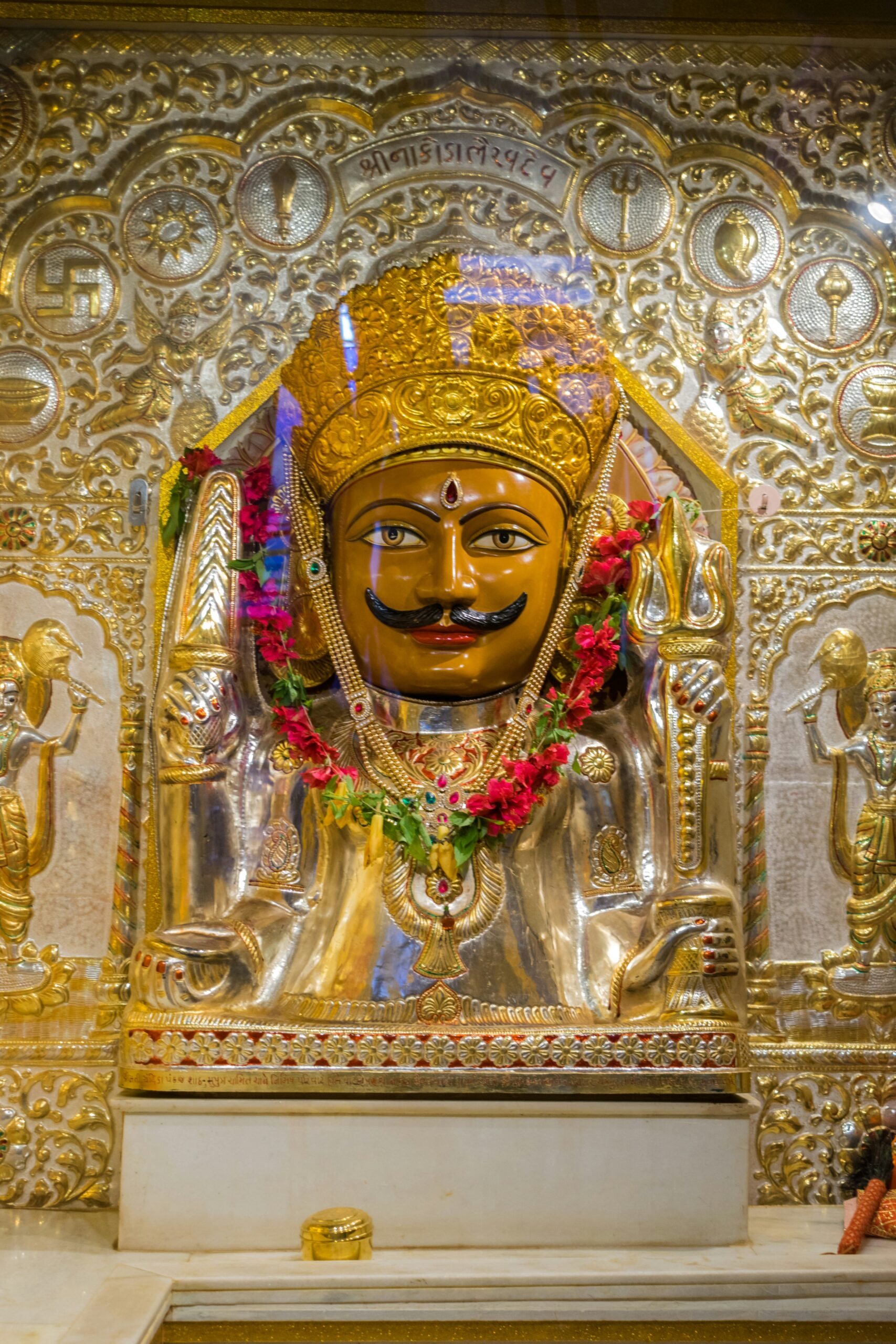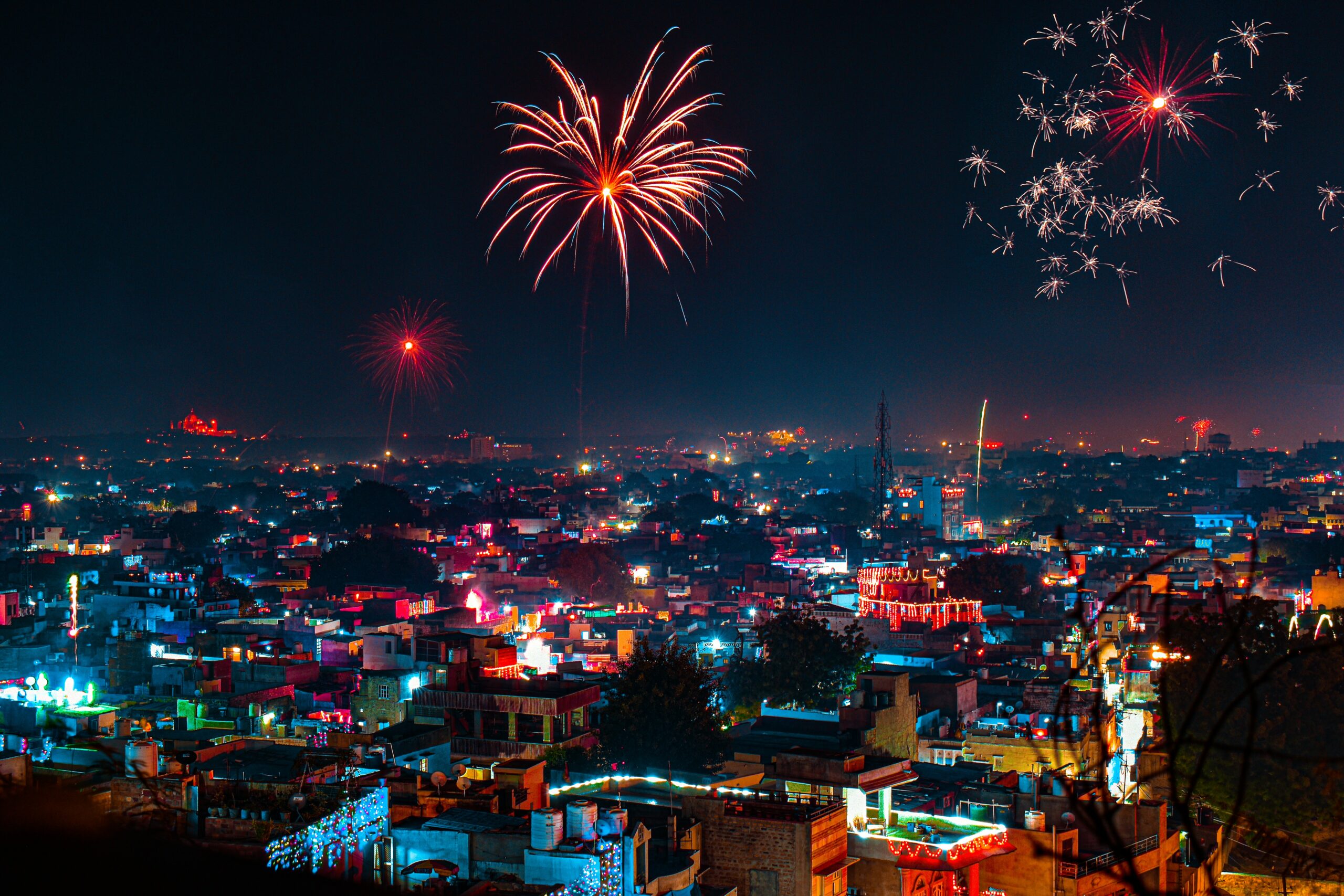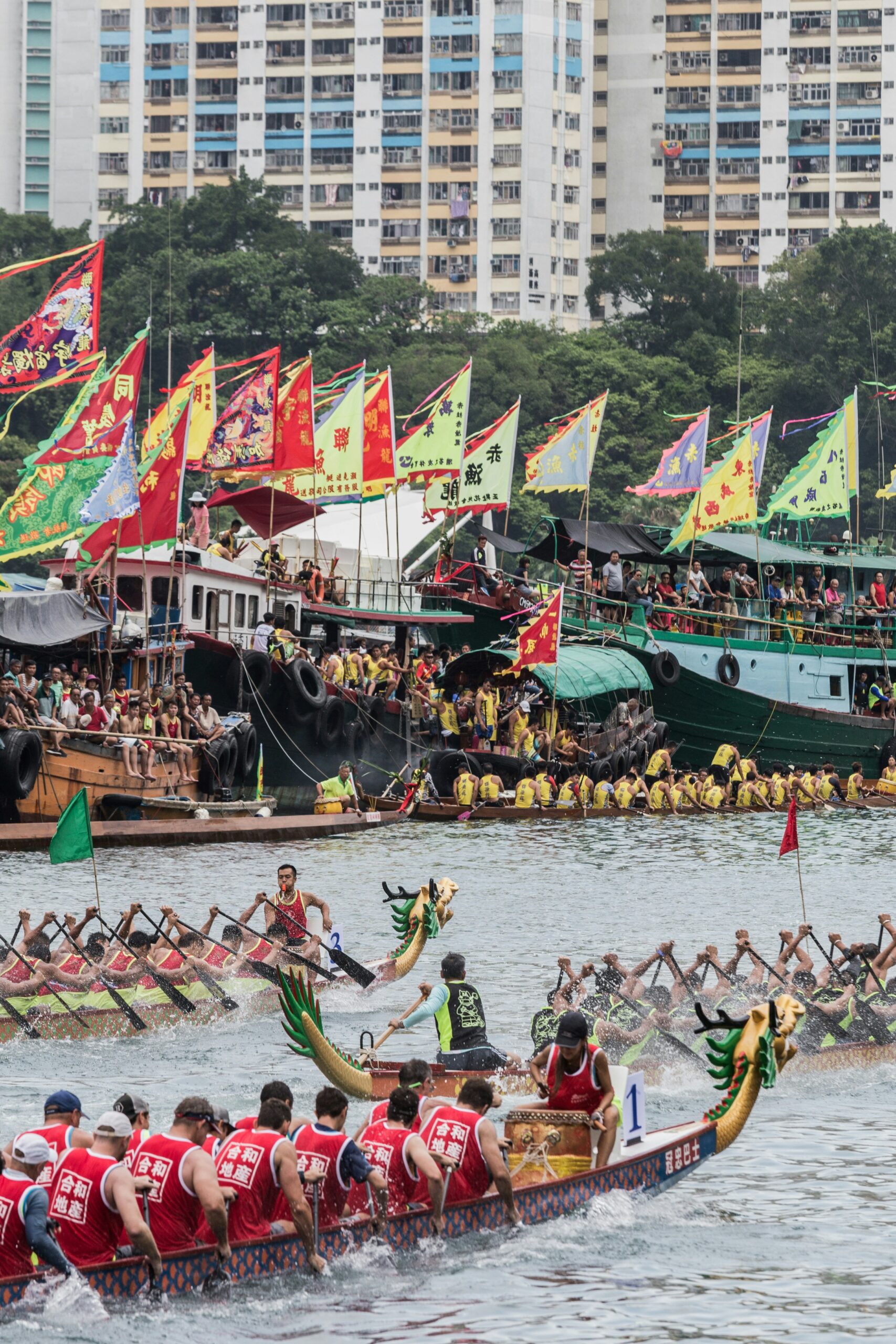Introduction to Sawan Shivratri
Sawan Shivratri, also known as Shravan Shivratri, is one of the most auspicious festivals in Hinduism dedicated to Lord Shiva. Celebrated during the month of Sawan, which is a holy period in the Hindu lunar calendar, this festival holds profound spiritual and cultural significance for devotees. Sawan, or Shravan, is one of the four months that constitute the Chaturmas, a time that is regarded as highly favorable for prayer, fasting, and religious activities.
On Sawan Shivratri, devotees honor Lord Shiva, who is considered the deity of destruction and transformation in Hinduism. Shiva is often worshipped as the supreme being who possesses the power to dissolve the universe and regenerate it. The festival marks a time when devotees engage in rigorous fasting, prayers, and rituals to seek Lord Shiva’s blessings. Pilgrims often visit Shiva temples to offer prayers, flowers, and bilva leaves, which are considered to be exceptionally sacred in Shiva worship. The offering of milk and water to the Shivlinga (an abstract representation of Lord Shiva) is a common practice on this day.
The cultural importance of Sawan Shivratri extends beyond religious observance. The festival imbues the atmosphere with a sense of devotion and vibrancy. Families and communities gather to celebrate, chanting mantras and hymns in praise of Lord Shiva. The sound of bells and the scent of incense create a sacred atmosphere that enhances the spiritual experience for those involved. In many regions of India, the festival is marked by processions, where idols or images of Lord Shiva are carried through the streets, accompanied by music and dancing.
Sawan Shivratri is not just a religious event but also a time for renewing spiritual vigor and community bonding. Its observance serves as a reminder of the cyclical nature of existence and the eternal divine presence of Lord Shiva. For many, the festival is an opportunity to introspect, renew their faith, and seek inner peace through devotion to one of Hinduism’s most revered gods.
Historical Background and Mythological Significance
Sawan Shivratri, also known as Maha Shivratri, holds a significant place in Hindu culture due to its deep historical and mythological roots. This auspicious night dedicated to Lord Shiva is an occasion steeped in rich narratives and ancient lore. One of the most renowned legends associated with Shivratri is the divine marriage of Lord Shiva and Goddess Parvati. According to Hindu mythology, Sawan Shivratri marks the night when Goddess Parvati undertook rigorous penance and tapasya to win the affection and blessings of Lord Shiva, who subsequently agreed to marry her. This story emphasizes devotion, penance, and the ultimate union of divine energies symbolized by Shiva and Parvati.
Another profound mythological tale linked to Sawan Shivratri is the Samudra Manthan or the churning of the ocean. This cosmic event involved both the Devas (gods) and Asuras (demons) in a quest to obtain Amrita, the nectar of immortality. During the churning process, a deadly poison named Halahala emerged, threatening to destroy the world. According to the scriptures, Lord Shiva consumed the poison to protect the universe, and his throat turned blue as a result, earning him the name Neelkanth, the blue-throated one. To this day, devotees commemorate this act of selflessness and divine protection on Sawan Shivratri, paying homage to Lord Shiva’s extraordinary sacrifice.
The narratives surrounding Sawan Shivratri aren’t just stories; they encapsulate profound spiritual teachings. They underscore the ideals of devotion, self-sacrifice, and the cosmic balance of creation and destruction that Lord Shiva represents. The night of Sawan Shivratri is thus not only a celebration of these mythological events but also a reminder of the eternal principles that guide human values and spiritual pursuit. By honoring these legends, devotees reinforce their faith, seek divine blessings, and aspire to embody the virtues exemplified by Lord Shiva and Goddess Parvati.
Rituals and Practices
Sawan Shivratri, one of the most revered nights dedicated to Lord Shiva, encompasses a series of devotional rituals and practices, each steeped in profound spiritual significance. As devotees across the globe prepare to honor the divine, special activities mark the beginning of their spiritual journey during this auspicious period. Preparatory activities often include cleansing rituals, both personal and environmental, symbolizing purification and readiness to welcome divine blessings.
Fasting, or vrat, is a pivotal aspect of Sawan Shivratri, observed with unwavering dedication. Devotees adopt a day-long fast, abstaining from food and sometimes even water, reflecting their commitment and discipline. This practice is not only a testament to controlling one’s desires but is also believed to aid in spiritual upliftment and purification of the body and soul.
Temple visits form an integral part of the celebrations. Devout followers throng Shiva temples, which are meticulously decorated with flowers, lights, and other ceremonial adornments. The decoration of lingams, which are representations of Lord Shiva, is undertaken with immense devotion and care. Using an arrangement of fresh flowers, bilva leaves, and other sacred items, devotees strive to venerate the deity in the most resplendent manner.
One crucial ritual performed is the pouring of panchamrit over the Shiva Lingam. Panchamrit, a sacred concoction made of milk, curd, honey, ghee, and sugar, is used by devotees to bathe the lingam. This act symbolizes the purification of the soul and the removal of negativity and sins. Each element of panchamrit holds symbolic significance, contributing to the holistic ritual of sanctification and offerings to Lord Shiva.
Throughout the night, devotees engage in the chanting of mantras and prayers, such as the omnipotent “Om Namah Shivaya,” resonating with divine vibrations. Continuous recital of these mantras, accompanied by the singing of bhajans and hymns, fills the atmosphere with spiritual fervor and deep reverence. Through these practices, devotees seek to attain proximity to the divine, making Sawan Shivratri a night replete with devotion and a profound sense of fulfillment.
Fasting (Vrat) Rules and Guidelines
Sawan Shivratri, an auspicious occasion dedicated to the worship of Lord Shiva, is marked by devotees undertaking rigorous fasting (vrat). There are multiple types of fasts observed during Sawan Shivratri, with the two primary forms being complete fasting (nirjala) and partial fasting. Complete fasting, or nirjala vrat, involves abstaining from all food and water for the entire duration of the fast. This type of fasting is considered highly rigorous and spiritually purifying, as it demands immense self-discipline and devotion to Lord Shiva.
On the other hand, partial fasting allows the consumption of specific foods and beverages. Devotees who choose partial fasting can ingest fruits, milk, yogurt, and certain non-grain foods like buckwheat flour (kuttu ka atta) and water chestnut flour (singhare ka atta). It is important to avoid grains, salt, and any food containing onion and garlic during the fast. The inclusion of these items in one’s diet is believed to help maintain purity and enhance spiritual concentration while paying homage to Lord Shiva.
Maintaining abstinence during Sawan Shivratri fast holds profound spiritual significance. By abstaining from material pleasures and worldly cravings, devotees aim to purify their body and mind, thereby achieving a higher state of spiritual awareness and closeness to the divine. The act of fasting is symbolic of surrendering to the Almighty, seeking His blessings for health, prosperity, and salvation. It is essential to approach fasting with a pure heart and unwavering faith, ensuring that the act is not merely physical but also mental and spiritual.
To get the most out of your Sawan Shivratri fast, it is advisable to begin the day with a calm mind and a focus on devotional activities such as chanting, meditating on Shiva’s divine form, and engaging in puja rituals. While physical sustenance is minimized, spiritual sustenance through prayer and devotion is maximized, making the observance of Sawan Shivratri a deeply enriching experience for the soul.
Sawan Shivratri Celebrations Across India
Sawan Shivratri, an auspicious festival dedicated to Lord Shiva, witnesses unique and vibrant celebrations across the diverse cultural landscape of India. The grandeur and fervor of these celebrations vary from region to region, each imbuing the occasion with localized traditions and communal participation.
In Varanasi, the spiritual capital of India, the festivities are marked by an extraordinary display of devotion. Temples, especially the Kashi Vishwanath Temple, become focal points for thousands of devotees who throng the precincts to offer prayers, perform rituals, and partake in the spiritual ambiance. An air of solemnity mixed with festive joy envelops the ancient city, reflecting its deep-rooted Shiva worship traditions.
Haridwar, another prominent pilgrimage site, sees a flood of worshippers from various parts of the country. The ghats along the holy River Ganges resonate with chants and hymns dedicated to Lord Shiva. Devotees take dips in the river, believing in its purifying powers, and then proceed to the temples for the night-long vigils and prayers. The atmosphere in Haridwar during Sawan Shivratri is a unique blend of spirituality and communal harmony.
Further west, Ujjain, home to the revered Mahakaleshwar Temple, holds a special place in Sawan Shivratri celebrations. The town is transformed into a hub of religious activities, with processions, cultural performances, and elaborate rituals. The Bhasma Aarti, a unique ritual where Lord Shiva is adorned with sacred ash, stands out as a significant attraction, drawing an immense crowd of devotees and onlookers alike.
Throughout India, smaller towns and villages also celebrate Sawan Shivratri with great enthusiasm. In these regions, the local temples become centers of activity, where people gather to perform rituals, sing devotional songs, and share communal meals. The night is often spent in devout worship, meditation, and storytelling sessions that narrate the legends of Lord Shiva, further fostering a sense of community and shared religious fervor.
Sawan Shivratri embodies the richness of India’s cultural diversity, uniting people from different backgrounds in their reverence for Lord Shiva. Whether in bustling cities or quiet villages, the festival’s celebrations reflect a deep sense of spirituality, tradition, and collective joy.
Sawan Shivratri 2024: Date and Timings
Sawan Shivratri, one of the most revered festivals dedicated to Lord Shiva, is celebrated with devout fervor by millions of devotees across the globe. In 2024, Sawan Shivratri will be observed on July 30th, marking a night of profound spiritual significance within the holy month of Sawan. According to verified Hindu calendars and expert astrologers, specific details have been ascertained to ensure devotees can partake in rituals at the most auspicious times.
The Sawan Shivratri fast, known as vrata, traditionally begins in the morning and continues until the following dawn. Devotees abstain from consuming food and water, focusing their energies on prayers and meditation. The fast will commence at 4:32 AM on July 30th and conclude at 4:56 AM on July 31st, marking the phase from which devotees can break their fast.
The auspicious moments, or muhurat, for performing the main rituals and prayers are meticulously calculated to enhance the spiritual benefits of the observance. On this night, the Nishita Kaal puja time, considered ideal for the worship of Lord Shiva, falls between 12:07 AM and 12:52 AM. This period is regarded as the best time to perform the Shiva Abhishek – the ritual bathing of the Shiva Linga – with sacred offerings such as milk, honey, and water, accompanied by chanting of Shiva mantras.
Moreover, the Parana Time, when the fast is traditionally concluded by consuming food, is suggested to be after 5:30 AM on July 31st, following the sunrise. Adhering to these timings is believed to amplify the blessings and spiritual merits that one attains from the observance of Sawan Shivratri. Those observing the fast and rituals during this period are thought to receive divine grace and fortification of their spiritual endeavors.
As Sawan Shivratri 2024 approaches, preparing oneself with the knowledge of these times ensures that the observance is both meaningful and harmonious with the cosmic rhythms, allowing participants to fully embrace the sacred essence of the night dedicated to Lord Shiva.
Preparation Tips for Devotees
As Sawan Shivratri 2024 approaches, devotees around the world are gearing up to celebrate this auspicious night dedicated to Lord Shiva. Proper preparation is essential to fully experience the spiritual benefits of the occasion. Here are some practical suggestions to help you get ready for the festival.
First and foremost, spiritual preparation is key. Devotees should begin by engaging in daily prayers and meditation, focusing their minds on Lord Shiva. Reading scriptures such as the Shiva Purana and reciting the Maha Shivratri mantra, “Om Namah Shivaya,” can deepen one’s spiritual connection. Fasting is also a common practice, with many choosing to consume only fruits and milk throughout the day.
When it comes to offerings, selecting appropriate items is crucial. Traditional offerings such as bel leaves, flowers (preferably white), fruits, and betel leaves are recommended. Each item has its own significance and is believed to please Lord Shiva. Additionally, preparing a special prasad like kheer or halwa can enhance the devotional experience.
Organizing temple visits is another important aspect. Visiting a Shiva temple either early in the morning or late in the evening for the special midnight aarti is customary. It is advisable to check the temple’s schedule beforehand and plan your visit to avoid large crowds. Participating in community prayers and rituals can also amplify the spiritual ambiance.
For those celebrating at home, maintaining cleanliness and creating a pious environment is essential. Start by thoroughly cleaning your home and setting up a dedicated space for prayers. Decorate the area with flowers and light incense sticks to create a serene atmosphere. Involve all family members in the preparations to instill a sense of unity and spiritual devotion. Performing a family puja followed by the distribution of prasad can foster a deeper, collective reverence for the divine.
The Spiritual Essence of Sawan Shivratri
Sawan Shivratri, marked by solemn devotion and fervor, epitomizes a night of profound spiritual significance for devotees of Lord Shiva. This auspicious occasion is not merely a celebration but a spiritual passage that encourages internal transformation and a renewed sense of self. This sacred night is seen as an opportunity to transcend daily life’s material distractions, inviting a deeper spiritual connection and awakening.
The essence of Sawan Shivratri lies in the profound self-discipline that it demands. Devotees adhere to rigorous austerities, including fasting and night-long vigils, symbolizing their commitment to spiritual growth and devotion to Lord Shiva. Such practices help cultivate patience, focus, and unwavering faith. By abstaining from worldly pleasures, participants aim to purify their minds and bodies, setting the stage for a transformative inner journey.
Reflection plays a pivotal role in this spiritual endeavor. On Sawan Shivratri, devotees engross themselves in meditation and prayers, reflecting on their past deeds and seeking forgiveness and guidance from Lord Shiva. This introspection fosters a sense of humility and gratitude, paving the way for personal growth and self-improvement. It is believed that through such sincere devotion and self-reflection, one can attain a higher state of spiritual enlightenment.
Moreover, the night of Sawan Shivratri serves as a reminder of the importance of aligning oneself with the divine. It is a time to deepen one’s connection with spirituality, shedding external distractions to focus solely on the inner self. The chants, rituals, and offerings performed throughout the night act as conduits for divine energy, aiding devotees in their quest for spiritual ascension.
In essence, Sawan Shivratri is a conduit for spiritual renewal, a time to embrace self-discipline, reflect deeply, and foster a heartfelt connection with Lord Shiva. It embodies the journey towards finding inner peace and spiritual fulfillment, making it a profoundly enriching experience for all who partake in its solemn observance.


